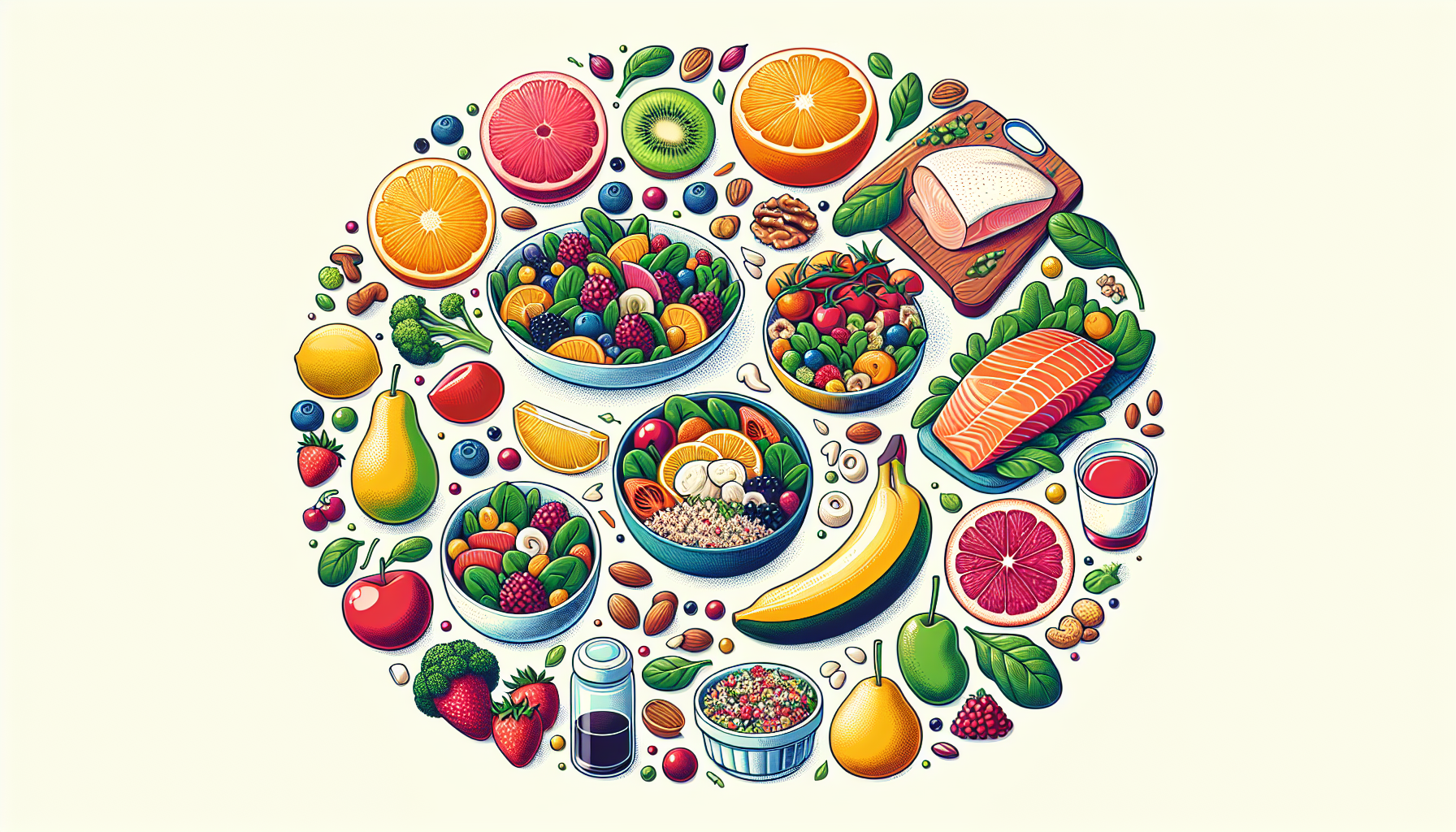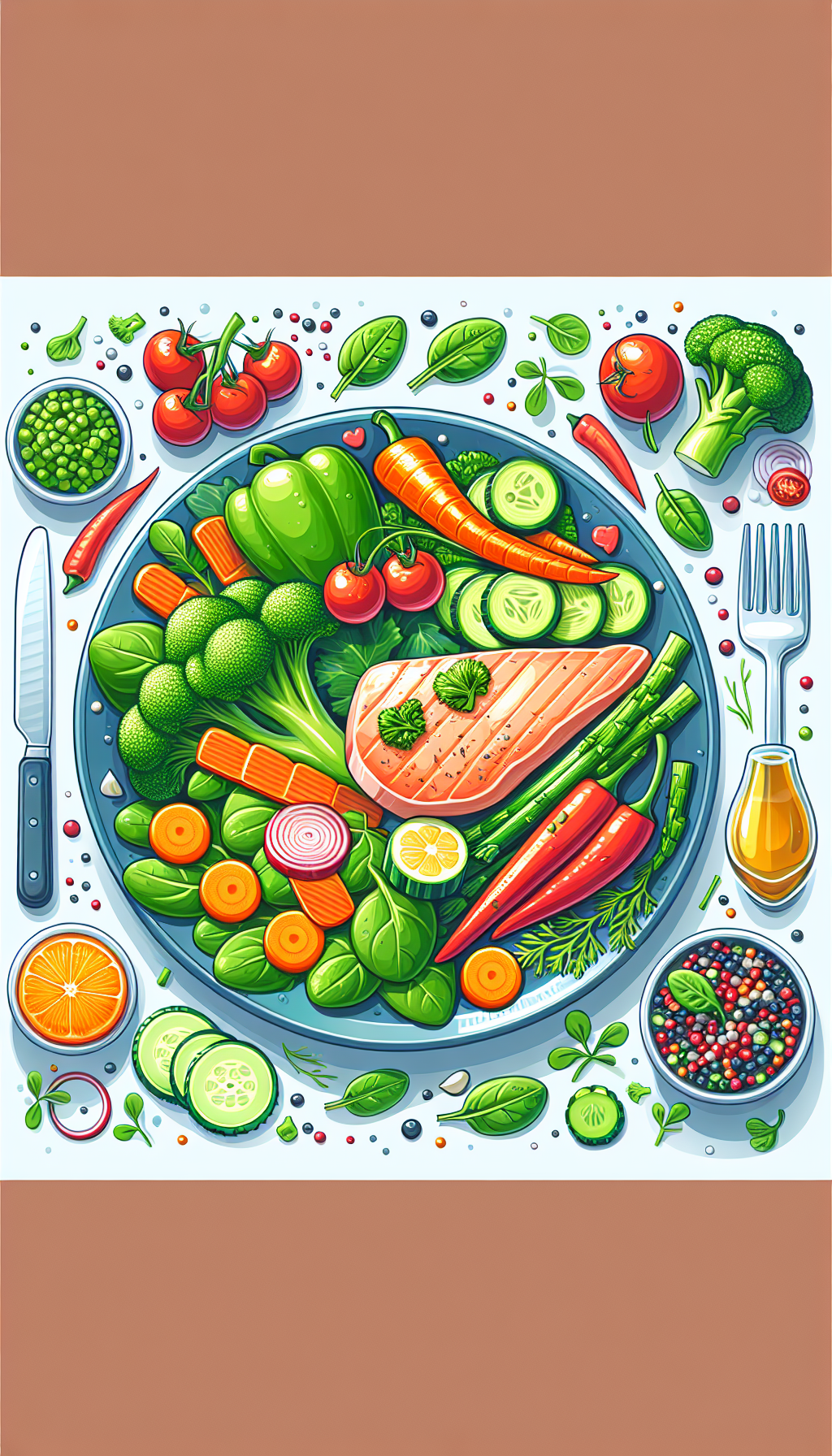Sodium is an essential mineral that plays a crucial role in our body, helping to regulate blood pressure and fluid balance. However, in the context of a typical modern diet, many of us consume far more sodium than our bodies require. Excessive sodium intake is linked to high blood pressure, which is a significant risk factor for heart disease and stroke. In this comprehensive guide, we’ll explore effective strategies for reducing sodium intake to promote heart health.
Understanding Sodium and Its Impact on Health
Before diving into sodium reduction strategies, it’s vital to understand why it’s important. Sodium is primarily found in salt (sodium chloride) and is prevalent in many processed and prepared foods. High sodium intake can lead to hypertension (high blood pressure), which strains the heart and can lead to cardiovascular disease.
The American Heart Association recommends no more than 2,300 milligrams (mg) a day and an ideal limit of no more than 1,500 mg per day for most adults. Yet, on average, Americans eat more than 3,400 milligrams of sodium each day, well above these recommendations.
Tips for Reducing Sodium Intake
Read Food Labels
One of the first steps in reducing sodium intake is becoming aware of the sodium content in foods. This means reading food labels diligently. Look for items labeled "low sodium," "reduced sodium," or "no salt added."
Cook at Home
Preparing your meals at home allows you to control the amount of sodium used. Experiment with herbs, spices, and salt-free seasoning blends to flavor your food instead of relying on salt.
Choose Fresh or Frozen Over Canned
Fresh and frozen fruits and vegetables are typically lower in sodium than their canned counterparts. When you do opt for canned goods, choose those labeled "no salt added" or drain and rinse them to remove some of the sodium.
Be Cautious of Condiments
Sauces and dressings can be high in sodium. Use these sparingly or look for low-sodium versions. Alternatively, use vinegar, lemon juice, or other citrus to add flavor without the salt.
Mind Your Portions at Restaurants
Restaurant meals are often high in sodium. When eating out, ask for your meal to be prepared without added salt and request sauces and dressings on the side.
Avoid Processed Foods
Processed and prepackaged foods, such as deli meats, frozen dinners, and snack foods, are often very high in sodium. Opt for fresh ingredients and whole foods whenever possible.
The Role of Diet in Heart Health
A heart-healthy diet is about more than just reducing sodium; it’s a holistic approach to eating that nurtures your entire cardiovascular system. For more detailed guidance on heart health and diet, consider reading about Cardiovascular Health.
Related Health Articles
As you focus on reducing your sodium intake, you might find the following articles from Avix Health insightful:
- For a broader look at heart health in different life stages and situations, "Navigating Heart Health During Pregnancy" provides tailored advice for expectant mothers (Navigating Heart Health During Pregnancy).
- Understanding the genetic factors that play a role in heart disease can be crucial. "The Importance of Genetic Screening for Heart Conditions" delves into this topic in depth (The Importance of Genetic Screening for Heart Conditions).
- Another essential aspect of heart health is the impact of lifestyle choices. "Heart Healthy Habits for College Students" offers valuable tips for maintaining cardiovascular health amid the demands of academic life (Heart Healthy Habits for College Students).
External Resources for Further Reading
To enhance your understanding and provide more nuanced insights, here are some high-quality, niche resources:
- The Centers for Disease Control and Prevention provides extensive information on sodium and its effects on health, including strategies to reduce consumption.
- For an in-depth look at how various nutrients affect blood pressure and heart health, visit Heart.org’s Sodium and Potassium.
- Blood Pressure UK offers a focused resource on how salt impacts blood pressure and practical tips for cutting down.
- The World Action on Salt & Health website is dedicated to improving the health of populations by reducing salt intake globally.
Implementing Low-Sodium Strategies
Making these changes might seem challenging at first, but with time, your taste buds can adjust to enjoying flavors without relying on salt. Start small by implementing one or two of these strategies and gradually incorporate more into your lifestyle.
Remember, reducing sodium intake is a powerful way to lower your risk of heart disease and improve your overall health. It’s a commitment to yourself that can lead to a longer, healthier life.
In conclusion, managing your sodium intake is a critical step towards heart health. With the strategies mentioned above, you can start making more heart-friendly choices today. It’s not just about taking something out of your diet; it’s about creatively rethinking the way you flavor and enjoy food. Your heart—and your taste buds—will thank you.



